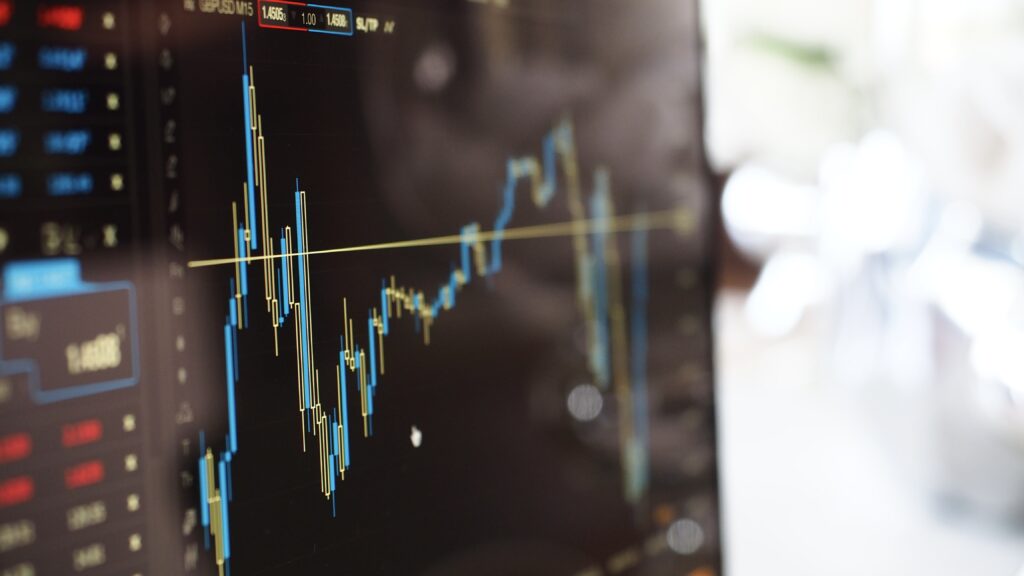
Microsoft is valued at more than $3 trillion (€2.7 trillion), thanks in part to its investments in artificial intelligence projects.
For comparison, Microsoft’s market value now exceeds the entire GDP of France and is slightly less than the GDP of the UK.
The company’s shares rose nearly 1.5% to about $405 a share, surpassing a market capitalization of $3 trillion and joining Apple as the only companies to reach the historic milestone.
Could AI spark a productivity boogm?
Productivity growth has slowed over the past 20 years despite massive IT adoption.
Microsoft shares are up more than 7% year to date after jumping about 40% last year, thanks in large part to the company’s economic slowdown.
In 2023, the company’s CEO Satya Nadella made a multibillion-dollar investment in artificial intelligence, including commercializing and adding artificial intelligence tools such as ChatGPT to its product suite ahead of competitors.
He even strengthened Microsoft’s ties with ChatGPT maker OpenAI, a major pioneer in artificial intelligence.
After trailing Apple for much of the past decade, Microsoft overtook the company to briefly become the world’s most valuable publicly traded company in early January.
Microsoft is one of the so-called Magnificent Seven, a group of stocks that includes Apple, Nvidia, Amazon, Alphabet, Meta and Tesla that have almost single-handedly lifted markets to new highs in recent weeks.
Microsoft alone accounts for 7.3% of the S&P 500. Together, these seven stocks have a market capitalization larger than the entire stock market of any country except the United States.
As of last week, Nvidia and Microsoft alone accounted for about 75% of the S&P 500’s gains this year, according to analysts at Bespoke Investment Group.
In a note Tuesday, Morgan Stanley analysts said they show Microsoft’s artificial intelligence game is “getting even stronger” and changed their share price target to $450 from $415. Bank of America analysts also raised their price target to $450 per share, forecasting more growth for your company this quarter.
Main reasons for success
Software giant Microsoft has surpassed a $3 trillion (€2.7 trillion) valuation, becoming the second company after Apple to ever reach the milestone.
This achievement comes as the company decided to focus on incorporating artificial intelligence (AI) into its products, which boosted investor confidence. Microsoft shares rose more than 1.45% on Wednesday in New York.
Last year, Microsoft invested a significant $10 billion (€9.2 billion) in various artificial intelligence initiatives. This allowed Microsoft to stay ahead of younger competitors such as Google and Meta.
Speaking about the opportunities that AI provides, Microsoft Vice President and President Brad Smith said that these opportunities could extend from healthcare to education.
“Pancreatic cancer remains one of the most life-threatening diseases for people to get almost completely ill because it is so difficult to detect in its earliest stages. But this is where we find that AI can detect patterns that a human doctor finds difficult to see,” Smith said.
Among its investments in AI innovation, Microsoft has rolled out an AI digital assistant called Copilot into its Edge web browser and Office software.
In addition, Microsoft recently announced a 10-year partnership with British telecommunications company Vodafone to help Vodafone deliver generative artificial intelligence (AI), digital, enterprise and cloud services to more than 300 million businesses and consumers in Europe and the US. Africa.
As the second-largest cloud computing provider, Microsoft is also expanding its efforts by developing its own AI-enabled chips, increasing competition with Amazon and Google to manage artificial intelligence tools for companies.
Apple, one of Microsoft’s main competitors, reached the same $3 trillion mark in June last year.
Since January, Microsoft shares have been competing with Apple shares for the title of the world’s most valuable company, briefly surpassing the iPhone maker earlier this month.
Key Takeaways
- Shares of Microsoft rallied in morning trading as much as 1.5% to $404.72, their highest price ever.
- That sent Microsoft’s market cap to $3.004 trillion.
- Apple, which became the only firm to ever score a $3 trillion valuation last summer, remains slightly more valuable than Microsoft, with a $3.03 trillion market cap Wednesday.
- The $3 trillion milestone caps a dramatic rise for Microsoft coinciding with a broad technology rally and its backing of OpenAI, producer of the hit generative AI chatbot ChatGPT.
- Since ChatGPT’s November 2022 release, shares of Microsoft are up more than 60%, beating the S&P 500’s roughly 20% rise and the tech-heavy Nasdaq’s nearly 40% jump during the period, also topping Apple stock’s roughly 30% gain during the timeframe.
- Microsoft became one of the few major firms to translate intensifying AI interest into tangibly better financial results, as the firm has posted record revenues in each of its last two fiscal quarters, buoyed by 20% year-over-year growth in its AI-heavy intelligent cloud division.
Resources:


